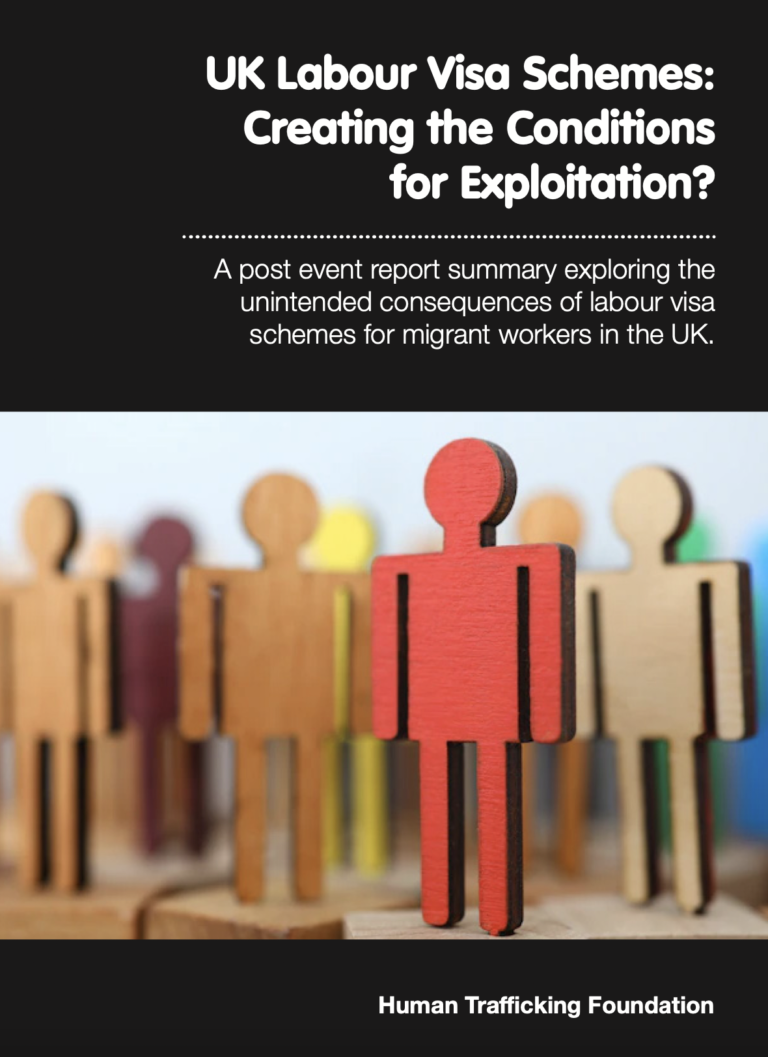In recent years labour shortages in the UK have intensified and in attempt to mitigate these gaps in the workforce a large number of labour visas are granted to migrant workers each year. Workers who come to the UK on temporary labour visas with high hopes of better wages sacrifice a lot to leave their country behind; in many cases incurring high recruitment fees and visa charges to do so which they hope to pay off but can often trap them in debt.
Once in the UK workers can find that the restrictive nature of their visas, which do not always permit them to change employer once in the UK or allow access to public funds, along with the burden of debt, can result in a lack of viable alternatives of safe work if exploitation or abuse arises in their workplace. Migrants at Work described this experience as ‘home grown slavery’ whereby the state establishes conditions which make migrant workers deeply vulnerable to exploitation.
All visa schemes explored in the forum (Transit Visas, Health and Social Care Visa, Seasonal Workers Visa and the Overseas Domestic Workers Visa) exhibited a striking parallel; all were created for industries which are hidden from public scrutiny, invisible in private domestic settings, in UK waters and farms where workers are often isolated from each other and society without centralised working spaces.
Panellists noted the lack of consultation ahead of Government changes to the restrictions of these visas and a disregard for evidence from experts around exploitation risks. They also viewed the labour market enforcement system as under resourced and therefore not fit for purpose.
It was regularly raised that migrant workers on short term visas in the UK are not only unable to exercise their rights, but if they experience abuse or exploitation, they often struggle to access legal support as their cases span across both immigration and employment law. Migrants at Work described this experience as falling into a gap where support cannot be accessed as the issue is interpreted as outside of the remit of either immigration or employment law.
Ultimately, panellists described how discriminative hostile environment policies construct precarious work for migrant workers, which observes labour, Kanlungan describes, as highly mobile and not warranting protection. This results in the following:
- Lack of access to medical care
- Power imbalances between worker andemployer
- Dependency as housing is often providedby employer
- Inaccurate information given to workersduring recruitment stage
- Recruitment fees creating restrictions anddebt bondage
- Inability to change employers
- Fear of repercussions in raising concernsaround working conditions

